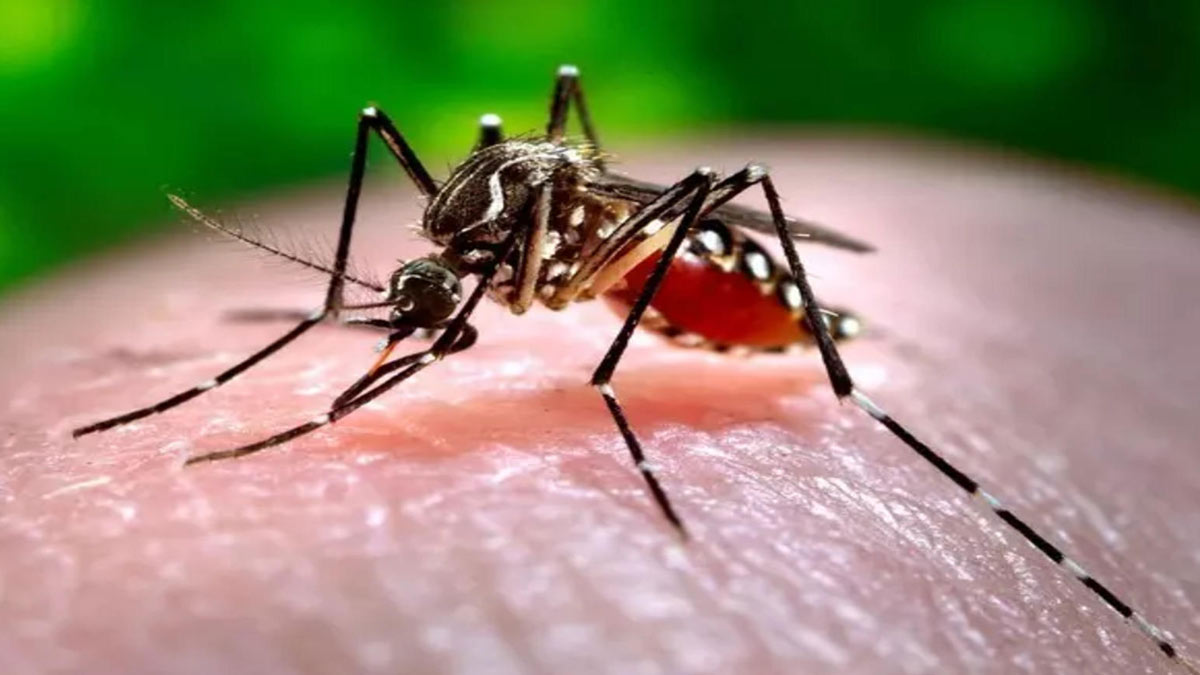
Recent findings from the ICMR National Institute of Virology have unveiled a concerning development: the Zika virus has been detected in mosquito larvae samples collected from various parts of Pune. Specifically, samples from Pashan, Erandwane, and Mundhwa have shown positive results for the virus. This discovery comes as the number of Zika virus cases in the city continues to rise, prompting authorities to implement urgent containment measures.
Table of Content:-
Initial Findings and Response
The initial detection of the Zika virus in Pune dates back to June 20, and since then, the situation has escalated. To date, a total of 49 confirmed cases have been reported within the city. Additionally, rural areas surrounding Pune have also witnessed three new cases, raising concerns about the virus's spread beyond urban limits.
According to Dr. Radhakrishnan Pawar, the joint director of health services, “The virus has been detected in mosquito pools and larvae samples from Pashan, Erandwane, and Mundhwa. We have instructed local authorities to take immediate action to curb mosquito breeding within a five-kilometre radius of these affected areas.”
.jpg)
Details of the Outbreak
The investigation involved collecting a substantial number of samples for analysis. A total of 203 mosquito samples and 1,094 larvae samples were sent to the National Institute of Virology. The results confirmed the presence of the Zika virus in samples from Erandwane and Pashan. As of July 31, further analysis revealed that Mundhwa also had positive samples for the virus.
Recent Cases and Health Implications
On July 31, two additional cases of Zika virus were reported in Pune, further intensifying the situation. One case involves a 27-year-old pregnant woman from Manikbaug, Sinhagad Road. She presented symptoms such as fever and rashes, and her blood test confirmed Zika virus infection. At 21 weeks pregnant, her condition is closely monitored to mitigate potential risks to both her and the unborn child.
The second reported case is a 78-year-old man from Baner, who tested positive for the virus and is currently receiving treatment in a private hospital. These recent cases highlight the virus's impact across different demographics, emphasizing the need for comprehensive public health strategies.
Also Read: Radhika Madan Open To Opting For Fillers; What You Should Know Before Getting Facial Fillers
Testing and Surveillance
In response to the outbreak, the Pune Municipal Corporation (PMC) has been proactive in its testing efforts. The PMC has submitted 448 samples for testing at the National Institute of Virology, including 395 samples from expectant mothers. This extensive testing is crucial for tracking the virus's spread and ensuring timely intervention.
Dr Nina Borade, Health Chief of PMC, reported that the corporation is taking all necessary steps to manage and contain the outbreak. Additionally, Dr. S. S. Anuse, an entomologist at the Public Health Department, mentioned that a recent meeting with state and PMC health officials focused on discussing strategies for managing the situation and implementing containment measures.
Containment Measures and Public Awareness
To address the growing threat of the Zika virus, authorities are emphasizing the importance of controlling mosquito populations. Public health officials have recommended measures such as eliminating standing water, using mosquito repellents, and ensuring proper sanitation to prevent mosquito breeding.
Local authorities are also working on increasing public awareness about the Zika virus, its symptoms, and preventive measures. Educational campaigns are being launched to inform residents about the risks associated with the Zika virus and the steps they can take to protect themselves and their families.
Looking Ahead
As the situation evolves, health officials continue to monitor the spread of the virus and adjust their strategies accordingly. The detection of the Zika virus in multiple areas of Pune underscores the need for vigilance and cooperation between public health agencies and the community.
Efforts are ongoing to mitigate the impact of the outbreak and prevent further cases. By maintaining a proactive approach and fostering community engagement, Pune aims to contain the virus and safeguard public health amidst this growing concern.
Bottomline
In conclusion, the detection of Zika virus in Pune's mosquito populations is a serious issue that demands immediate action. With rising cases and ongoing surveillance, it is imperative for both authorities and residents to stay informed and take preventive measures to address this health challenge effectively.
Also watch this video
How we keep this article up to date:
We work with experts and keep a close eye on the latest in health and wellness. Whenever there is a new research or helpful information, we update our articles with accurate and useful advice.
Current Version